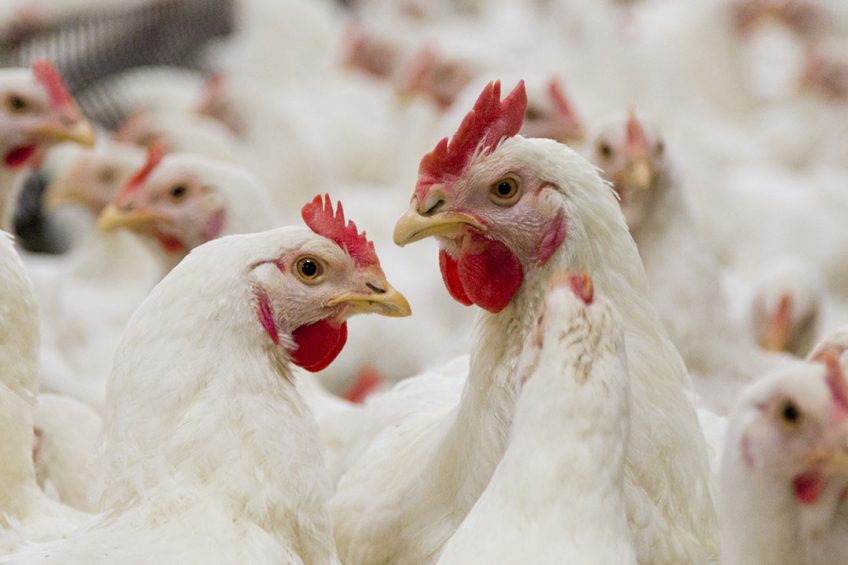Research project offers SMART Broiler funding

Global restaurant chain McDonald’s has joined forces with the a Foundation for a Food and Agriculture to launch a research initiative that supports the development of automated monitoring tools that will assess key animal welfare indicators in broilers
The SMART Broiler initiative is offering funds totalling $4m to applicants involved in supporting the development and commercialisation of these products.
Existing methods for assessing animal welfare rely on human observation and subjective scoring. But the programme aims to identify technology solutions to provide objective and comprehensive information about broiler welfare across the supply chain.
Sally Rockey, FFAR executive director, said the development of monitoring tools was critical to understanding and improving animal welfare.
Accuracy and profitablity
“The SMART Broiler programme will not only improve the accuracy of welfare assessments but also enhance producer efficiency and profitability.”
The programme will develop tools to quantitatively assess and collect information such as walking ability and behaviour. The Sensors, Monitoring and Reporting Technologies (SMART) developed will be tested in a McDonald’s suppliers’ commercial broiler facilities, encouraging their adoption on a large scale.
The tools have the potential to improve welfare for 9 billion birds annually in the US and over 20 billion worldwide.
Keith Kenny, McDonald’s vice president of Global Sustainability, said the work built on the firm’s decades long commitment and progress on animal welfare.
“We are excited to partner with FFAR to identify innovative, scalable technology solutions that will allow our supply chain to monitor animals’ behaviour across diverse, global supply chains at commercial scale and ultimately drive improved welfare outcomes.”
The funding will be awarded in two phases to multiple, cross-disciplinary teams, so that the hardware components, data management and analytics necessary to assess broiler chicken welfare on farm are in place.
The initial funding phase will award a maximum of four grants, each worth $500,000. During the second phase, those awardees whose technology solutions demonstrated promise and delivered value will receive up to $1m in additional funding to validate their technologies.













